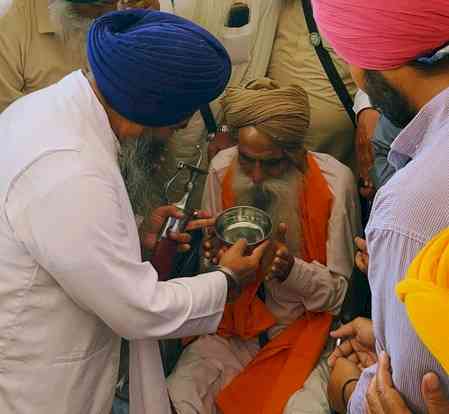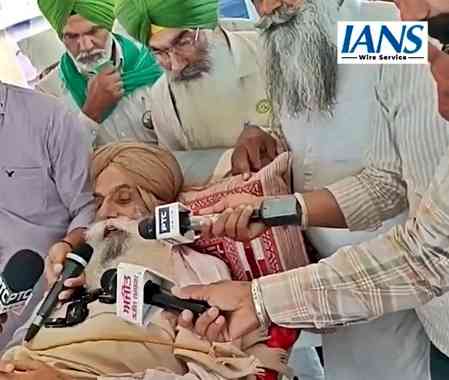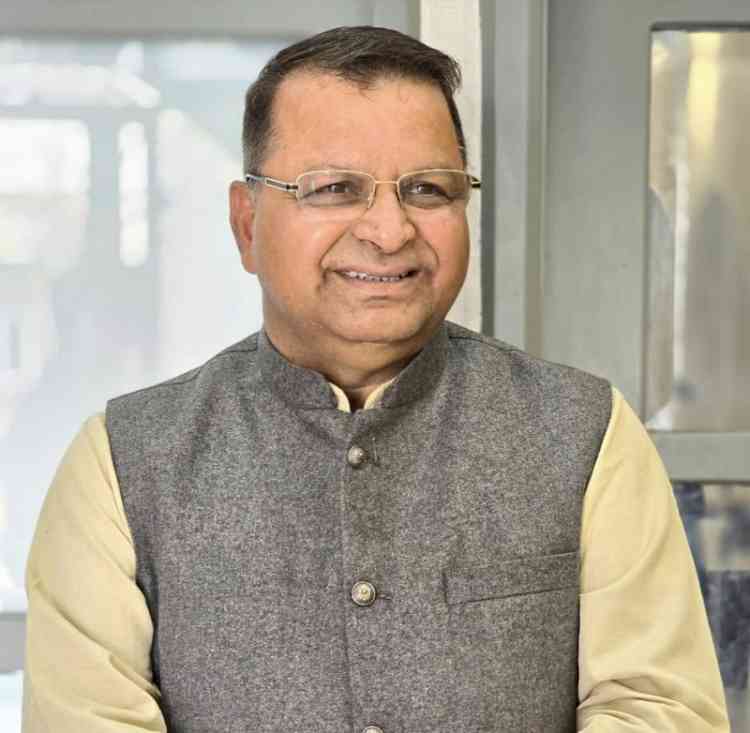Punjab CM announces unique pindu covid fateh programme to tackle covid spread in villages
He directed the Health and Rural Development Departments to spearhead the campaign with large-scale mobilisation of the community in the villages

Chandigarh: Stressing the need to avoid the kind of situation that was prevailing in the villages of Uttar Pradesh, Punjab Chief Minister Captain Amarinder Singh on Sunday announced a unique Covid Fateh programme as part of a ‘Corona Mukt Pindu Abhiyaan’ to tackle the worrying spread of Covid in the rural areas.
Terming it a war that needed the involvement of all sections of the community, the Chief Minister directed the Health and Rural Development Departments to spearhead the campaign with large-scale mobilisation of the community in the villages.
The entire staff should be utilised to spread awareness among the villagers on the dangers of Covid, he said, adding that the Health & Wellness Clinics should become the fulcrum, and Community Health Officers, panchayats, school teachers,
Anganwadi and ASHA workers, village police officers, youth volunteers etc. must be mobilised on a large scale to steer the programme.
The Guardians of Governance and the Police force should work closely to make this programme a success, he said, adding that the idea is to not just spread awareness and dispel any myths but also ensure that there is adequate sampling, vaccination, etc. carried out in the rural areas.
Terming the casual attitude of the people towards symptoms like cold and cough, which they do not report timely, as the biggest issue, Captain Amarinder called for early identification of the infected people to ensure their early treatment.
Symptomatic persons should be given basic medicines like paracetamol and cough syrup, and Vitamin C, at their doorsteps, he directed, and said they should be encouraged to get tested and supported in home isolation if they test positive. He directed the health department to provide additional Rapid Antigent Test (RAT) kits exclusively for the purpose of testing in rural areas.
The department should also consider opening Covid Care Centers (L1) where ever required, with the support of NGOs, he said.


 cityairnews
cityairnews 








